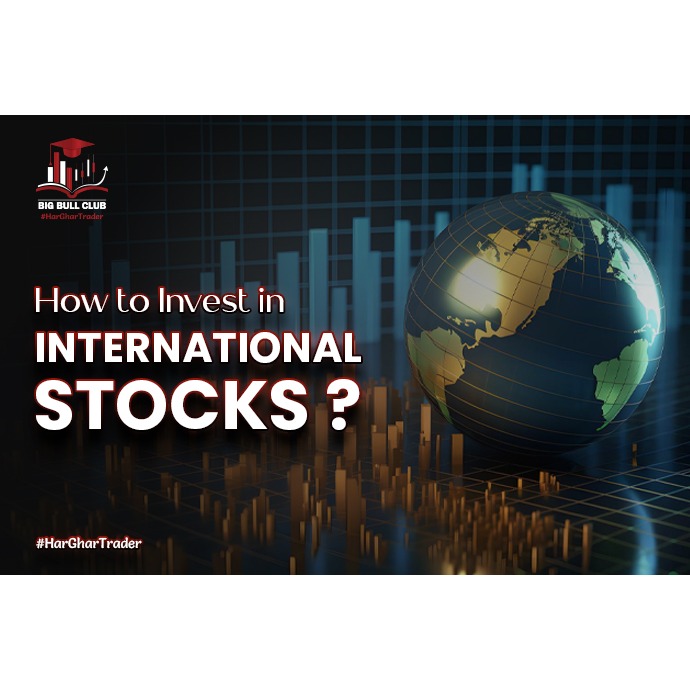How to Invest in International Stocks
Introduction Investing in international stocks offers a great opportunity to diversify your portfolio and take advantage of global growth markets. Whether you’re looking to reduce risk, access high-growth regions, or gain exposure to different currencies, international investing provides unique benefits. However, it also comes with specific challenges such as currency risk, political instability, and regulatory differences. This guide will walk you through the basics of investing in international stocks, helping you navigate global markets confidently.
Why Invest in International Stocks?
Diversification International investing allows you to diversify your portfolio by spreading investments across various markets. This reduces the impact of a downturn in your home country, as different economies may perform differently. For example, while the U.S. market might be struggling, European or Asian markets could be thriving, providing a cushion against potential losses.
Growth Potential Emerging markets in Asia, Latin America, and Africa offer tremendous growth potential. By investing in these regions, you can benefit from industries not available in your local market. Imagine investing in tech startups in India or the growing consumer sector in Brazil—such opportunities can offer significant returns over time.
Currency Exposure International stocks expose you to currency fluctuations, which can add risk but also enhance returns. For example, if you invest in a European company and the Euro strengthens against the Dollar, your investment value increases when converted back. While currency risk is a factor, it also opens the door for added profit if the foreign currency performs well.
Risks of International Investing
Political and Economic Risks Investing in foreign markets comes with exposure to different political and economic conditions. Political instability, changes in leadership, or economic policies can affect your investments. For instance, government regulations in a country may impact a company\'s profitability, requiring investors to keep a close eye on local developments.
Currency Risk Currency fluctuations can negatively affect your returns. If the foreign currency weakens against your home currency, it could reduce your gains. For example, if you invest in a Japanese company and the Yen depreciates against the Dollar, your investment\'s value may fall, even if the stock performs well in Japan.
Regulatory Differences International markets operate under various regulatory frameworks, making it challenging to evaluate companies consistently. For instance, accounting standards in China may differ from those in the U.S., creating additional challenges in understanding a company’s true value and associated risks.
How to Start Investing in International Stocks
Decide Your Approach There are several ways to invest in international stocks:
Direct Stock Purchase: Buying stocks on foreign exchanges provides the most direct exposure but involves navigating currency and regulatory complexities.
American Depositary Receipts (ADRs): These are U.S.-traded securities that represent shares in foreign companies, offering a simpler way to gain exposure without dealing with foreign exchanges.
International Mutual Funds and ETFs: These funds offer diversified exposure to foreign stocks, managed by professionals.
Global Index Funds: These track global or regional indices, providing broad market exposure.
Research and Select Stocks Before investing, analyze the economic stability, market conditions, and potential stocks in your target country. Tools like Morningstar or Bloomberg can help. Additionally, pay attention to the country’s currency trends, economic growth, and political environment.
Choose a Broker Select a brokerage that provides access to international markets, considering factors like fees, ease of use, and available markets. Popular brokers include Interactive Brokers, Charles Schwab, and Fidelity. Make sure to review their international trading fees and currency conversion costs.
Place Your Order Once you\'ve selected your stocks, place your order through your brokerage account. You can either purchase at the current market price or set a limit order for more control over the price. Keep in mind that international markets may operate during different hours than your local market.
Monitor and Rebalance Regularly review your portfolio to ensure it aligns with your goals. International markets can be volatile, so adjust your portfolio as necessary. For instance, if a region underperforms, you may want to reduce exposure to that market and shift investments elsewhere.
Final Thoughts Investing in international stocks can provide diversification, growth, and currency exposure, but it requires careful planning and risk management.

